DIY home scent cleaners – who doesn’t love a home that smells absolutely divine? I know I do! But let’s be honest, those store-bought air fresheners can be packed with chemicals and leave a dent in your wallet. That’s where the magic of DIY comes in! For centuries, cultures around the globe have used natural ingredients to perfume their homes, from simmering spices in ancient Rome to burning fragrant woods in the Far East. This isn’t just about masking odors; it’s about creating an atmosphere, a feeling of warmth and welcome.
In today’s busy world, we often overlook the simple pleasures, like the scent of a freshly cleaned home. But imagine walking into a space that smells naturally fresh and inviting, all thanks to your own creations! That’s the power of DIY home scent cleaners. Not only are you saving money and reducing your exposure to harsh chemicals, but you’re also tapping into a tradition of crafting a sensory experience within your own four walls. Ready to ditch the artificial fragrances and embrace the natural aromas? Let’s dive into some easy and effective DIY recipes that will leave your home smelling amazing!
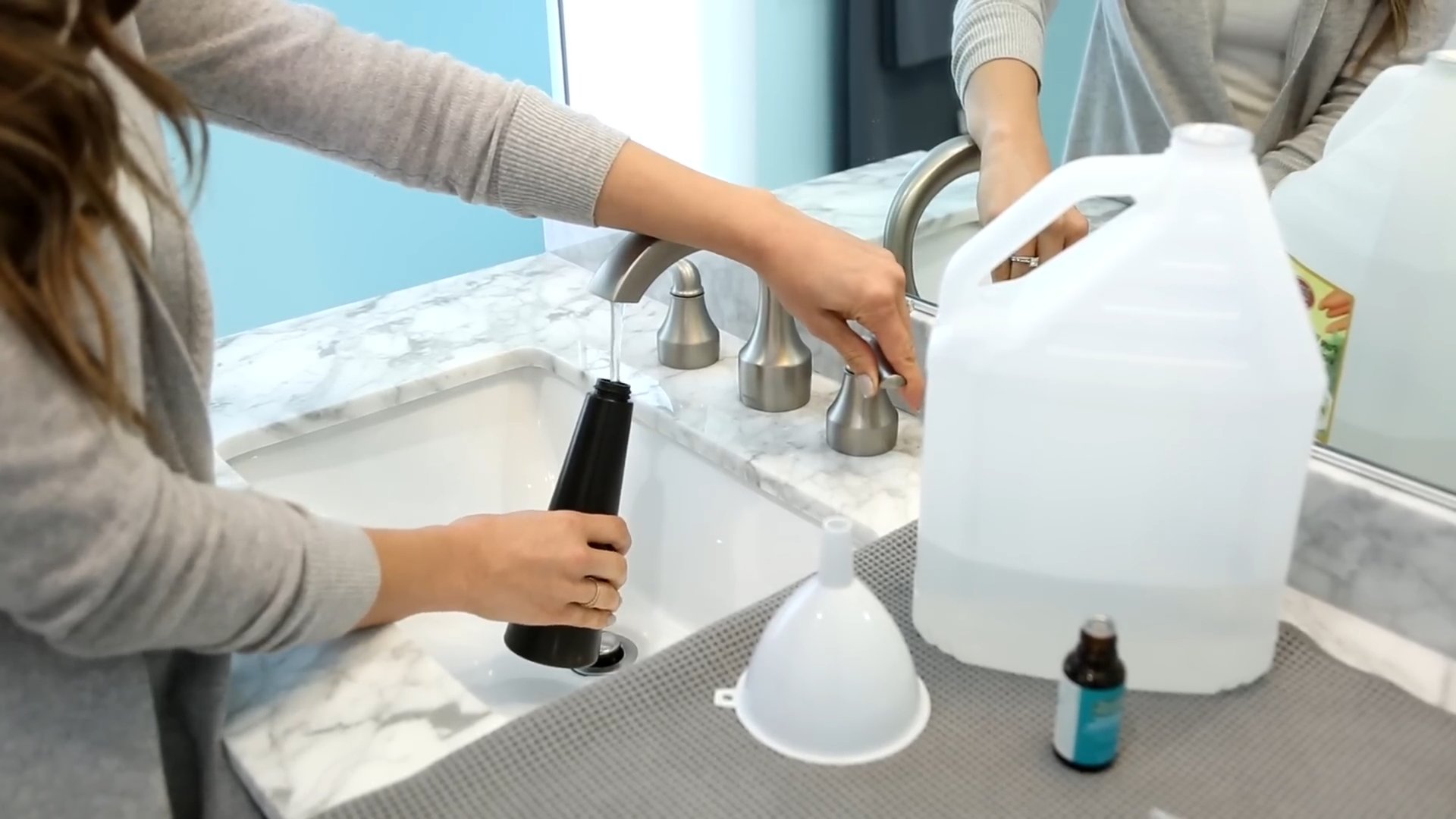
DIY Home Scent Cleaners: A Fresh Start for Your Space
Hey there, fellow DIY enthusiasts! Are you tired of those artificial-smelling, chemical-laden cleaners that promise a fresh home but leave you feeling… well, not so fresh? I totally get it! That’s why I’ve been on a mission to create my own natural, effective, and wonderfully scented cleaning solutions. And guess what? It’s easier than you think!
This guide will walk you through creating several amazing home scent cleaners using simple ingredients you probably already have in your pantry. Get ready to ditch the harsh chemicals and embrace a naturally clean and fragrant home!
Essential Supplies You’ll Need
Before we dive into the recipes, let’s gather our supplies. Having everything ready will make the process smooth and enjoyable.
* **Spray Bottles:** Invest in a few good quality spray bottles. Glass or durable plastic ones are ideal. Label them clearly to avoid any mix-ups!
* **Measuring Cups and Spoons:** Accuracy is key for the best results.
* **Funnel:** This will help you pour liquids into the spray bottles without making a mess. Trust me, you’ll thank me later.
* **Essential Oils:** This is where the magic happens! Choose your favorite scents. Lavender, lemon, tea tree, eucalyptus, and peppermint are great starting points. Make sure they are pure essential oils.
* **White Vinegar:** A natural disinfectant and deodorizer. Don’t worry, the vinegar smell dissipates quickly!
* **Baking Soda:** Another fantastic deodorizer and mild abrasive.
* **Water:** Distilled water is best, but tap water works too.
* **Castile Soap:** A gentle and effective cleaner. Dr. Bronner’s is a popular brand.
* **Rubbing Alcohol (Isopropyl Alcohol):** Helps to disinfect and evaporate quickly.
* **Citrus Peels (Optional):** Adds a natural, fresh scent and cleaning power. Lemon, orange, or grapefruit peels work great.
* **Fresh Herbs (Optional):** Rosemary, thyme, or mint can add a unique and refreshing aroma.
All-Purpose Cleaner with a Citrus Burst
This cleaner is perfect for countertops, sinks, and other surfaces. The citrus scent is uplifting and invigorating!
Ingredients:
* 1 cup white vinegar
* 1 cup water
* 10-15 drops lemon essential oil
* 5-10 drops orange essential oil
* Optional: Citrus peels (lemon, orange, or grapefruit)
Instructions:
1. Infuse the Vinegar (Optional): For an extra boost of citrus scent, place citrus peels in a jar and cover them with white vinegar. Let this mixture sit for a week or two, shaking it occasionally. This will create a potent citrus-infused vinegar.
2. Combine Ingredients: In a spray bottle, combine the white vinegar (or citrus-infused vinegar), water, lemon essential oil, and orange essential oil.
3. Shake Well: Secure the lid and shake the bottle vigorously to ensure all ingredients are thoroughly mixed.
4. Test and Spray: Before using on a large surface, test the cleaner on a small, inconspicuous area to ensure it doesn’t damage the material. Spray the cleaner onto the surface and wipe clean with a cloth or sponge.
Glass Cleaner for Sparkling Windows
Say goodbye to streaks and hello to sparkling clean windows with this simple glass cleaner.
Ingredients:
* 1/4 cup white vinegar
* 1/4 cup rubbing alcohol (isopropyl alcohol)
* 2 cups water
* 5 drops lemon essential oil (optional, for scent)
Instructions:
1. Combine Ingredients: In a spray bottle, combine the white vinegar, rubbing alcohol, water, and lemon essential oil (if using).
2. Shake Well: Secure the lid and shake the bottle well to mix the ingredients.
3. Spray and Wipe: Spray the cleaner onto your windows or mirrors. Use a clean microfiber cloth or newspaper to wipe the surface clean. Work from top to bottom to avoid drips.
Bathroom Cleaner for a Fresh and Clean Space
This cleaner is designed to tackle soap scum, mildew, and other bathroom grime. The tea tree oil adds a powerful disinfecting punch.
Ingredients:
* 1 cup water
* 1/2 cup white vinegar
* 1/4 cup baking soda
* 10 drops tea tree essential oil
* 5 drops eucalyptus essential oil
Instructions:
1. Combine Ingredients: In a spray bottle, combine the water, white vinegar, baking soda, tea tree essential oil, and eucalyptus essential oil. Be careful when adding the baking soda, as it may fizz when it comes into contact with the vinegar. Add it slowly.
2. Shake Gently: Secure the lid and gently shake the bottle to mix the ingredients. Avoid shaking too vigorously, as the baking soda can cause pressure to build up.
3. Spray and Scrub: Spray the cleaner onto the surfaces you want to clean, such as the shower, tub, or sink. Let it sit for a few minutes to allow the ingredients to work their magic. Then, scrub the surfaces with a sponge or brush.
4. Rinse and Dry: Rinse the surfaces thoroughly with water and dry with a clean cloth.
Floor Cleaner for a Sparkling Clean and Scented Floor
Keep your floors clean and fresh with this simple and effective floor cleaner.
Ingredients:
* 1 gallon warm water
* 1/4 cup white vinegar
* 1 tablespoon castile soap
* 10 drops lavender essential oil
* 5 drops lemon essential oil
Instructions:
1. Combine Ingredients: In a bucket, combine the warm water, white vinegar, castile soap, lavender essential oil, and lemon essential oil.
2. Mix Well: Stir the mixture well to ensure all ingredients are thoroughly combined.
3. Mop the Floor: Dip a mop into the cleaning solution and wring out any excess liquid. Mop the floor as usual, rinsing the mop frequently in clean water.
4. Dry the Floor: Allow the floor to air dry or use a clean, dry mop to dry the surface.
Furniture Polish for a Natural Shine
This furniture polish will help keep your wooden furniture looking its best, while also adding a pleasant scent.
Ingredients:
* 1/4 cup olive oil
* 1/4 cup white vinegar
* 10 drops orange essential oil
Instructions:
1. Combine Ingredients: In a small bowl, combine the olive oil, white vinegar, and orange essential oil.
2. Mix Well: Stir the mixture well to ensure all ingredients are thoroughly combined.
3. Apply and Buff: Dip a clean cloth into the furniture polish and apply a thin layer to your wooden furniture. Use a separate clean cloth to buff the surface until it shines.
DIY Linen Spray for a Fresh-Smelling Home
This linen spray is perfect for freshening up your bedding, curtains, and upholstery.
Ingredients:
* 2 cups water
* 2 tablespoons rubbing alcohol (isopropyl alcohol)
* 15 drops lavender essential oil
* 10 drops chamomile essential oil
Instructions:
1. Combine Ingredients: In a spray bottle, combine the water, rubbing alcohol, lavender essential oil, and chamomile essential oil. The rubbing alcohol helps the scent disperse better and prevents mold growth.
2. Shake Well: Secure the lid and shake the bottle well to mix the ingredients.
3. Spray Lightly: Lightly spray the linen spray onto your bedding, curtains, or upholstery. Avoid spraying too much, as this can make the fabric damp.
4. Allow to Air Dry: Allow the fabric to air dry completely before using.
Oven Cleaner: Baking Soda Power
This is a powerful, non-toxic way to clean your oven. It requires a little elbow grease, but the results are worth it!
Ingredients:
* 1/2 cup baking soda
* Water
* White vinegar (in a spray bottle)
Instructions:
1. Prepare the Paste: Mix the baking soda with enough water to form a thick paste.
2. Coat the Oven: Spread the paste all over the inside of your oven, avoiding the heating elements. Be generous!
3. Let it Sit: Let the paste sit for at least 12 hours, or even overnight. This allows the baking soda to loosen the grime.
4. Scrub and Wipe: After the waiting period, use a damp sponge or cloth to scrub the oven. The grime should come off much easier.
5. Vinegar Power: For stubborn spots, spray the area with white vinegar. The vinegar will react with the baking soda, creating a fizzing action that helps to lift the grime.
6. Rinse Thoroughly: Rinse the oven thoroughly with clean water to remove any remaining baking soda residue.
7. Dry and Enjoy: Dry the oven with
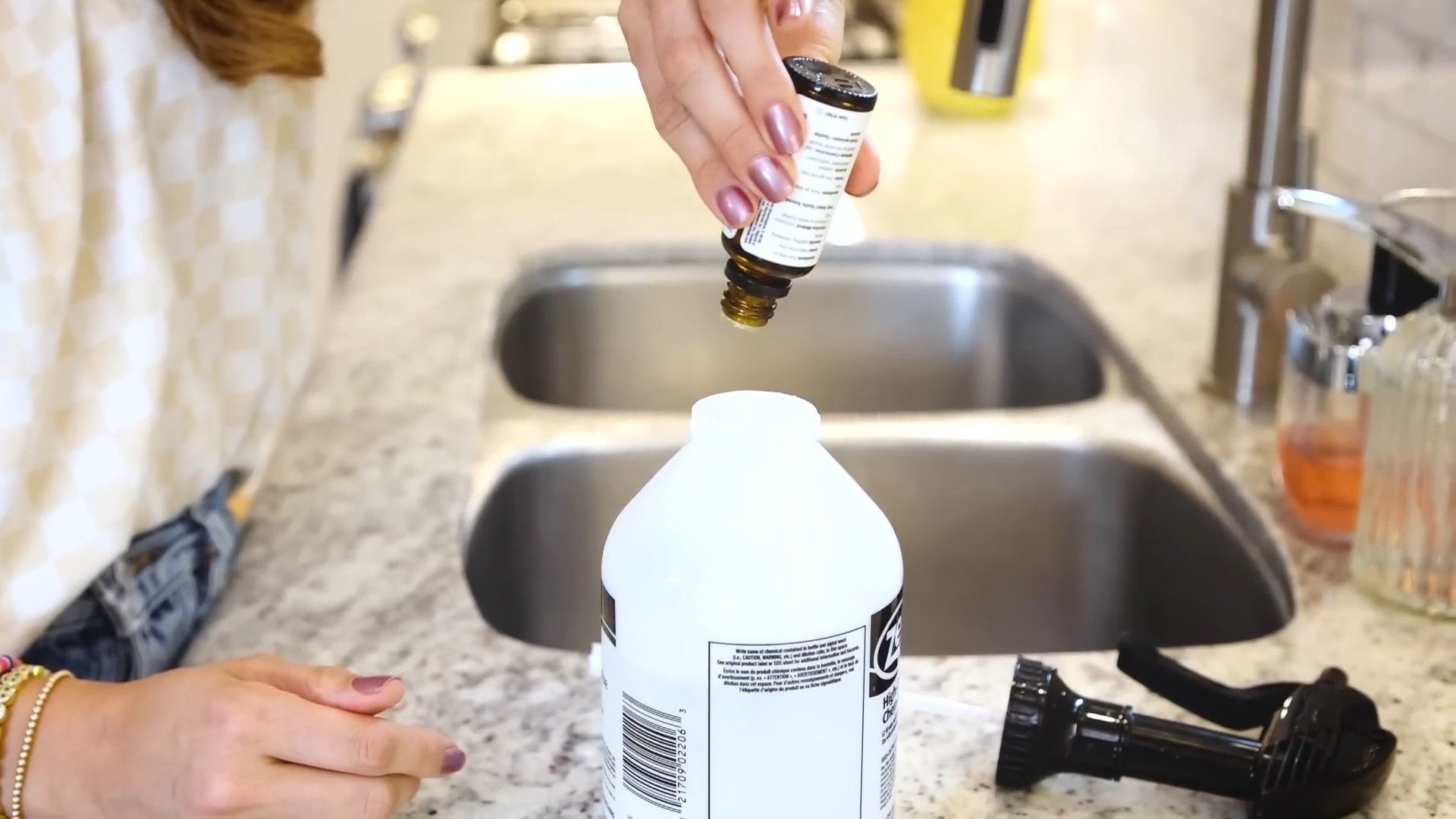
Conclusion
So, there you have it! Transforming your cleaning routine with these DIY home scent cleaners is more than just a way to save money; it’s about creating a healthier, more personalized, and genuinely uplifting atmosphere in your home. Forget those harsh chemical smells and embrace the power of natural ingredients to freshen and sanitize your living spaces.
Why is this a must-try? Because it’s effective, eco-friendly, and completely customizable. You control exactly what goes into your cleaners, avoiding potentially harmful chemicals and allergens. Plus, the aromatherapy benefits of essential oils can boost your mood and create a calming or energizing environment, depending on your chosen scents. Imagine cleaning your kitchen and being greeted by the invigorating aroma of lemon and rosemary, or tidying your bathroom with the soothing scent of lavender and tea tree. It’s a win-win!
Beyond the Basics: Exploring Variations
Don’t be afraid to experiment! The recipes we’ve shared are just starting points. Here are a few ideas to spark your creativity:
* **Citrus Power:** Infuse your vinegar with citrus peels (lemon, orange, grapefruit) for a more potent cleaning and deodorizing effect. Let the peels steep in the vinegar for a week or two before using.
* **Herbal Infusions:** Add fresh herbs like mint, basil, or thyme to your cleaning solutions for a unique and refreshing scent.
* **Spice it Up:** A few drops of cinnamon or clove essential oil can add a warm and inviting aroma, especially during the colder months.
* **Targeted Cleaning:** Adjust the essential oil blend based on the room you’re cleaning. Use eucalyptus and peppermint in the bathroom for their antibacterial and decongestant properties, or lavender and chamomile in the bedroom for a relaxing ambiance.
* **DIY Scent Boosters:** Create your own scent boosters by mixing baking soda with a few drops of your favorite essential oil. Sprinkle this mixture on carpets or upholstery, let it sit for 15-20 minutes, and then vacuum it up for a long-lasting fragrance.
Take the Plunge and Share Your Experience!
We wholeheartedly encourage you to give these DIY home scent cleaners a try. Not only will you be creating a cleaner and healthier home, but you’ll also be embarking on a fun and rewarding journey of natural cleaning.
We’re confident that you’ll be amazed by the results. The fresh, natural scents, the cost savings, and the peace of mind knowing you’re using safe and eco-friendly products are all compelling reasons to make the switch.
So, ditch the store-bought cleaners and embrace the power of DIY. We can’t wait to hear about your experiences! Share your favorite recipes, scent combinations, and cleaning tips in the comments below. Let’s build a community of DIY cleaning enthusiasts and create healthier, happier homes together! Let us know what kind of **DIY home scent cleaners** you made and how they worked out for you!
FAQ
Here are some frequently asked questions about DIY home scent cleaners to help you get started:
What are the benefits of using DIY home scent cleaners compared to store-bought cleaners?
DIY home scent cleaners offer a multitude of benefits. Firstly, they are significantly more cost-effective. The ingredients, such as vinegar, baking soda, and essential oils, are generally inexpensive and readily available. Secondly, you have complete control over the ingredients, allowing you to avoid harsh chemicals, artificial fragrances, and potential allergens that are often found in commercial cleaners. This is particularly important for individuals with sensitivities or allergies, as well as for families with young children and pets. Thirdly, DIY cleaners are more environmentally friendly. By reducing your reliance on store-bought products, you’re minimizing plastic waste and the environmental impact associated with the production and transportation of those products. Finally, the use of essential oils provides aromatherapy benefits, creating a more pleasant and uplifting cleaning experience.
Are DIY home scent cleaners as effective as store-bought cleaners?
Yes, when formulated correctly, DIY home scent cleaners can be just as effective as store-bought cleaners, and in some cases, even more so. Ingredients like vinegar and baking soda possess natural cleaning and disinfecting properties. Vinegar is a mild acid that can effectively cut through grease, grime, and hard water stains. Baking soda is a gentle abrasive that can scrub away dirt and deodorize surfaces. Essential oils, such as tea tree, eucalyptus, and lemon, have antibacterial, antiviral, and antifungal properties, further enhancing the cleaning power of these DIY solutions. The key is to use the right ingredients in the right proportions and to understand the specific cleaning needs of different surfaces.
What essential oils are best to use in DIY home scent cleaners?
The best essential oils to use in DIY home scent cleaners depend on your personal preferences and the desired cleaning and aromatherapy benefits. Some popular and effective options include:
* **Lemon:** Known for its uplifting scent and degreasing properties.
* **Tea Tree:** A powerful antibacterial, antiviral, and antifungal agent.
* **Lavender:** Provides a calming and relaxing aroma while also possessing antiseptic properties.
* **Eucalyptus:** Has a refreshing scent and is effective against bacteria and viruses.
* **Peppermint:** Offers a stimulating and invigorating aroma and can help to repel insects.
* **Orange:** A cheerful and uplifting scent with degreasing properties similar to lemon.
* **Rosemary:** Has a stimulating scent and is known for its antibacterial and antifungal properties.
When choosing essential oils, be sure to purchase high-quality, pure essential oils from a reputable source.
Can I use DIY home scent cleaners on all surfaces?
While DIY home scent cleaners are generally safe for most surfaces, it’s essential to exercise caution and test the cleaner on an inconspicuous area first, especially on delicate or porous surfaces. Avoid using vinegar-based cleaners on marble, granite, or other natural stone surfaces, as the acidity can etch and damage them. Baking soda can be abrasive, so use it sparingly on delicate surfaces. Always dilute essential oils properly and avoid using them directly on painted or varnished surfaces, as they can potentially damage the finish.
How long do DIY home scent cleaners last?
The shelf life of DIY home scent cleaners depends on the ingredients used. Cleaners made with water should be used within a few weeks to prevent bacterial growth. Cleaners made with vinegar or alcohol have a longer shelf life, typically lasting for several months. To extend the shelf life of your DIY cleaners, store them in airtight containers in a cool, dark place. Always label your cleaners with the date they were made.
Can I use tap water to make DIY home scent cleaners?
While you can use tap water, using distilled water is recommended for making DIY home scent cleaners. Distilled water is free of minerals and impurities that can affect the effectiveness of the cleaner and potentially leave residue on surfaces.
Are DIY home scent cleaners safe for pets and children?
DIY home scent cleaners are generally safer for pets and children than store-bought cleaners, as they don’t contain harsh chemicals or artificial fragrances. However, it’s still important to exercise caution. Keep cleaners out of reach of children and pets. When using essential oils, be aware that some essential oils can be toxic to pets, especially cats. Research the safety of essential oils before using them around your furry friends. Always dilute essential oils properly and avoid using them directly on pets. If you have any concerns, consult with your veterinarian.
How do I dispose of DIY home scent cleaners?
DIY home scent cleaners can typically be disposed of down the drain. However, if you’ve used a large amount of essential oils, it’s best to dilute the cleaner with plenty of water before disposing of it to prevent any potential environmental impact.
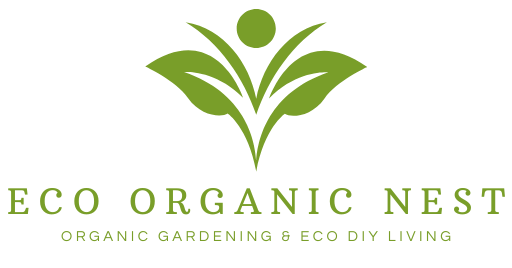
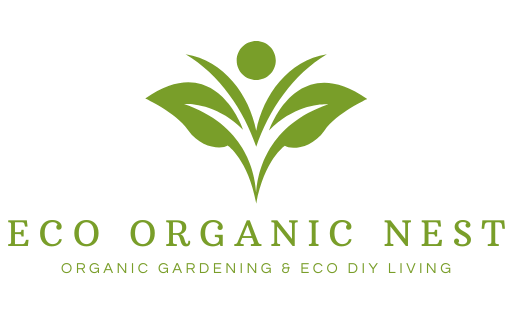
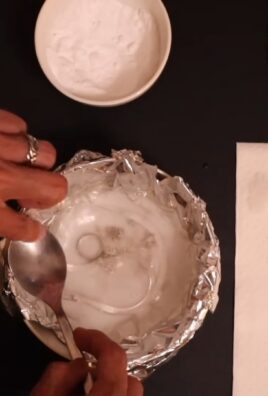
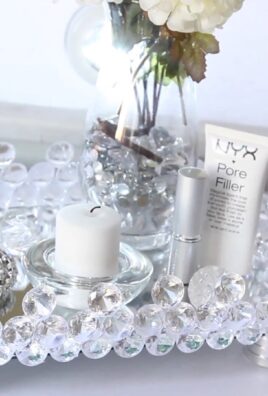
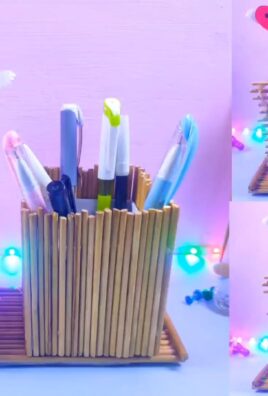
Leave a Comment